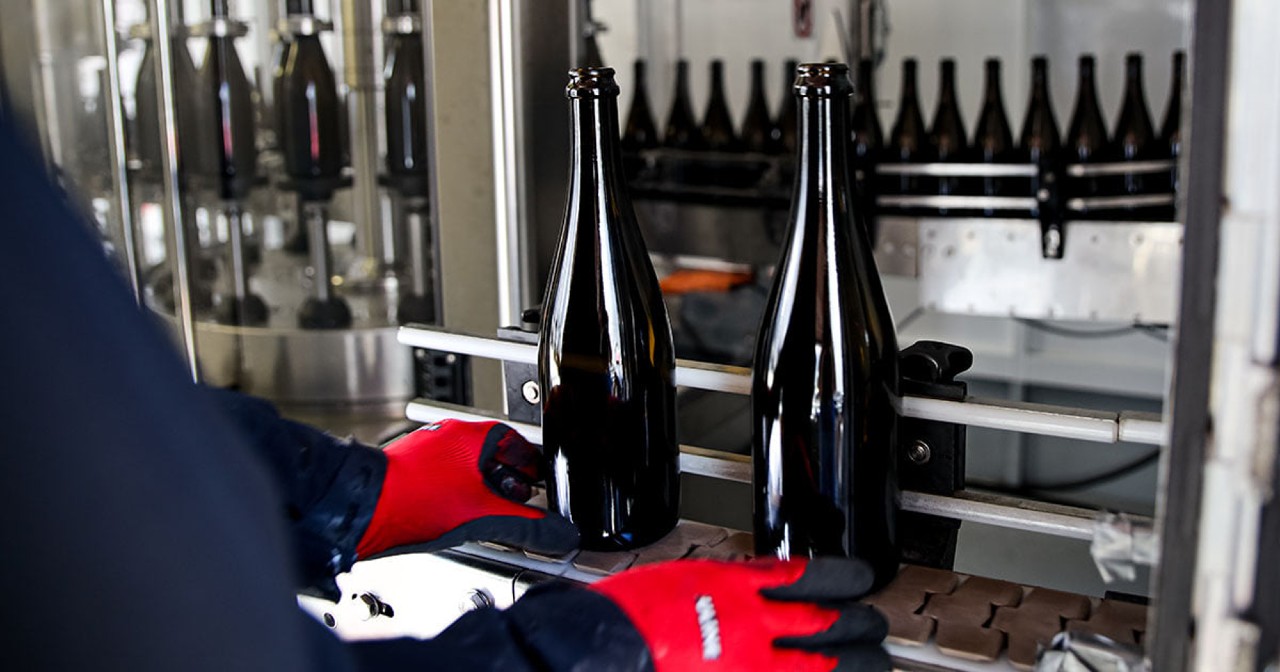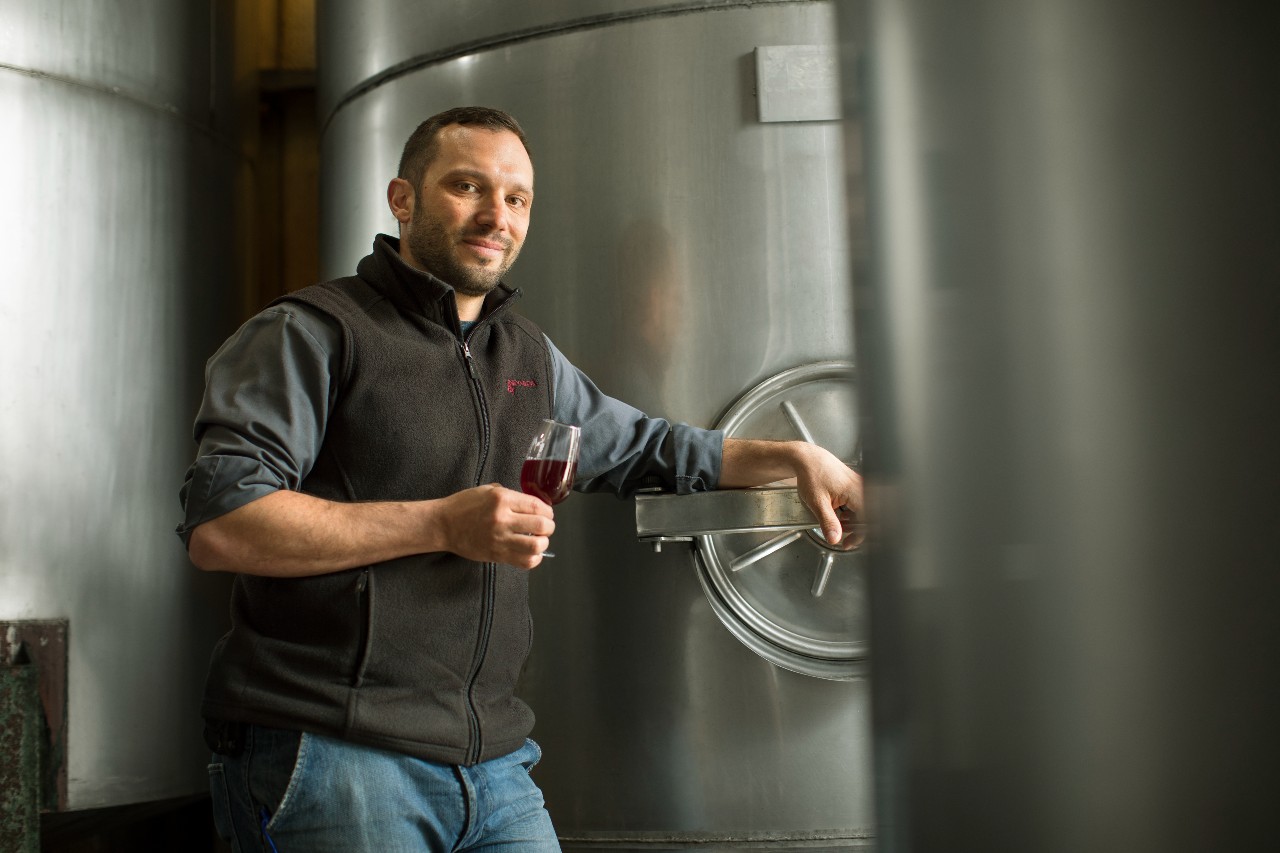The old saying about there being something in the water rang true for Riboli Family Wines when it acquired Jada VIneyard and Winery, its latest estate vineyard.
Fourth-generation winemaker Anthony Riboli’s company recently added to its more than 1,500 acres of sustainably farmed estate vineyards — a 100-acre parcel in the El Pomar District AVA. They didn’t have to stray too far from home, buying land that is located near its existing Stefano Vineyard.
The decision to purchase the vineyard was partially due to its proximity to vineyards it already owned, but the water and soil quality of the land fueled the decision, Riboli told Vintner Magazine.
The vineyard is known for Cabernet Sauvignon, Petit Verdot, and Petite Syrah. The acquisition is the seventh estate vineyard in Paso Robles for the family.
“This proximity maximizes our economies of scale in relation to farming,” Riboli explained. “In addition, we have a track record of wine quality from our Stefano Vineyard. Finally, we were aware of the unique calcareous soils and a strong well with a high quantity and quality of water.”
Being a large company with a substantial distribution, Riboli Family Wines — which includes the Riboli Estate Group and widely-consumed Stella Rosa brand — has been able to acquire vineyards to add to its estate footprint as an alternative to buying or sourcing grapes from winegrowers.
“For our family, estate vineyards are all about controlling the farming,” Riboli said. “We firmly believe that utilizing our vineyard management team yields a higher quality bottle of wine. Many wineries don’t have the capital to finance these projects. We like to control from ground to glass.”
The high-quality water and unique limestone both help with crop health.
“Water quality and quantity are both integral for grapevine health,” Riboli said. “High levels of salt in well water can result in burned leaves and difficult canopy management. We don’t overwater our vines, but we want to have strong wells that can handle drought conditions over time.
“The unique calcareous soils of Paso Robles impart a distinct minerality to both red and white wines. These soils are not found in Napa or Sonoma.”








Be the first to comment